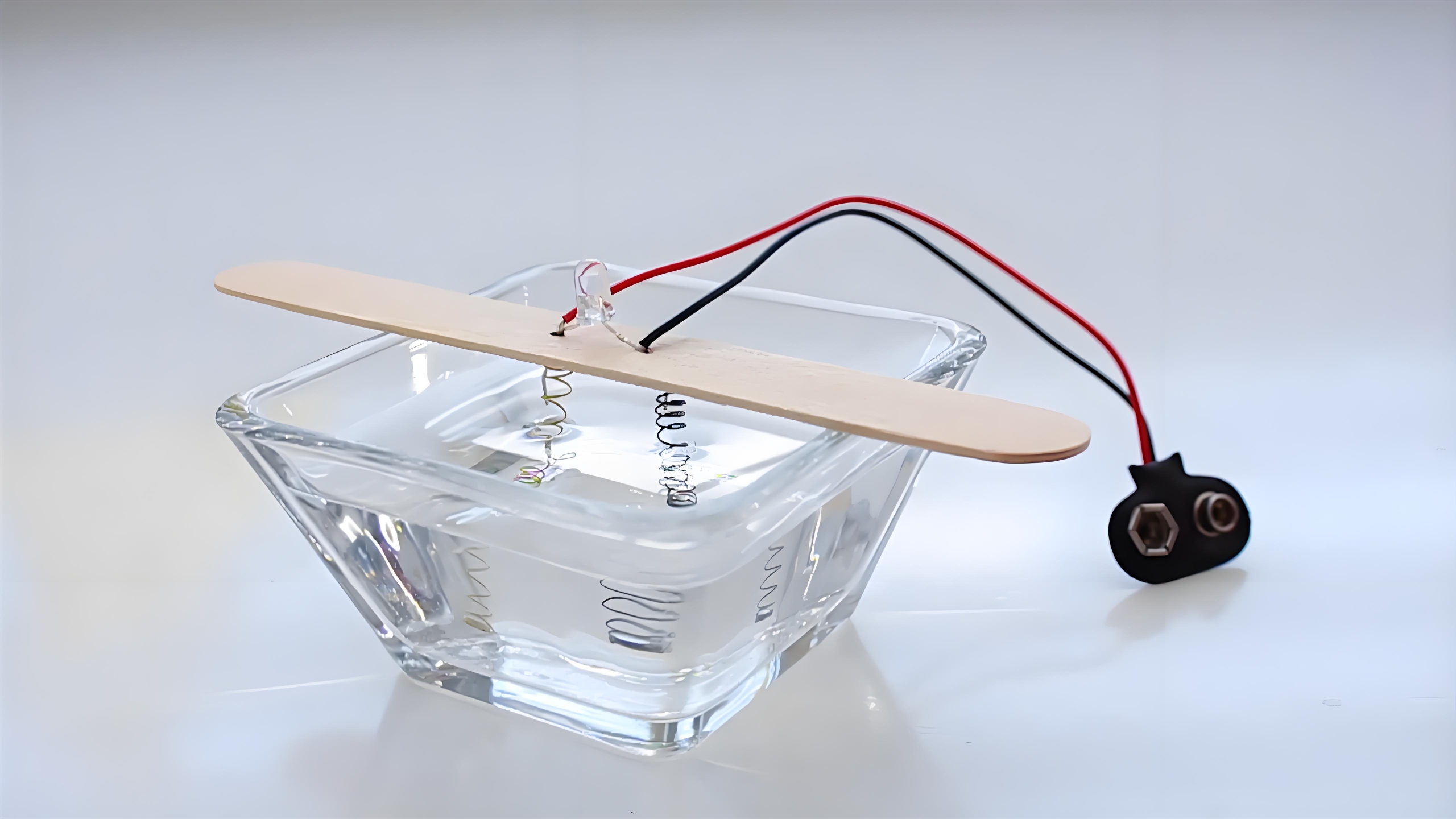In the battery industry, many people are paying attention to the next generation of battery solutions in the hope of breaking through the limits of current batteries and creating more durable and safer products. Salt water batteries are one of the ones that people are paying attention to. This article will explain salt water batteries in detail.
What Are Salt water Batteries?
Salt water batteries, also known as salt batteries or sodium-ion batteries, are a new type of battery technology. They use a salt water electrolyte as the core chemical material, making them one of the safest potential future energy storage solutions as an alternative to lithium-ion batteries. In saltwater batteries, sodium ions (a key component of common salt) capture and release electrical energy.
Why Are Salt water Batteries Safer Than Lithium-Ion Batteries?
Salt water batteries are more stable during charge and discharge cycles because their chemical reactions do not form lithium dendrites, which are a risk factor in lithium-ion batteries. Additionally, the electrolyte used in salt water batteries is typically water-based, which is non-flammable. Even under extreme conditions, such as overcharging or physical damage, it does not pose the same fire or explosion risks as the organic electrolytes in lithium-ion batteries.
Benefits of Salt water Batteries
Safety
Salt water batteries present virtually no fire risk. Some manufacturers have even suspended over an open flame for 30 minutes without causing an explosion.
Durability
Salt water batteries have a lifespan of up to 20 years, outlasting lithium-ion batteries, which typically last around 15 years. The chemical reactions in saltwater batteries are purer, meaning they don’t produce excess materials that could reduce the battery’s lifecycle.
Ease of Recycling
The materials used in salt water batteries do not contain lithium, cobalt, or other metals. This means they don’t produce corrosive acids or toxic substances, making recycling more convenient.
Abundant Raw Materials
Saltwater batteries do not require lithium, cobalt, or other metals; instead, they use common salt. These elements are abundant on Earth, which could provide a cost advantage over lithium-ion batteries from a raw material perspective.
Challenges of Saltwater Batteries
Salt water batteries offer numerous benefits, but they are not yet commonly seen in everyday life due to two main reasons:
- Development Costs:
Although the raw materials for salt water batteries are abundant and easily accessible, the technology to manufacture them is still relatively cutting-edge and not as mature as lithium-ion battery production techniques.
The current technical barriers to producing sodium-ion batteries are high, and not all manufacturers are willing to invest in production. As a result, large-scale production has not yet been achieved, and many manufacturers are still waiting to see how the market develops.
- Energy Density:
The energy density of salt water batteries is lower than that of lithium-ion batteries, meaning that to achieve the same power output, the batteries would need to be larger in size. This also implies that more space is required for installation. Additionally, producing batteries with equivalent power would consume more raw materials, casings, chemicals, etc.
Compared to lithium-ion batteries, which have a well-established production process, the actual cost difference might not be significant.
The future of salt water batteries remains uncertain. Over the past few years, several companies have announced that they are halting development or going out of business, despite having entered the market. While lithium-ion battery technology has reached its physical limits, some companies are developing the next generation of battery technologies, such as solid-state batteries and saltwater batteries, which may address the challenges mentioned above.
Alternatives to Salt water Batteries
As discussed, both saltwater and lithium-ion batteries have their advantages, making lithium-ion batteries the best alternative to saltwater batteries. Over the past decade, global manufacturers have developed numerous applications based on lithium technology, such as Tesla’s electric vehicles and PKNERGY’s energy storage batteries. These applications are sufficient to meet current usage demands.
FAQ:
Why Don’t We Use Saltwater Batteries?
The production technology is still in the experimental stage, resulting in high initial costs and preventing large-scale market production.
What Is the Lifespan of a Salt water Battery?
Laboratory data indicates a lifespan of up to 20 years.
Are Sodium Batteries Safer Than Lithium?
Yes, saltwater batteries do not explode or catch fire, making them safer.
Save Money, Protect Environment
PKNERGY helps you reduce your energy bills for your home solar energy storage, store your solar energy for use anytime- at night or during an outage.





